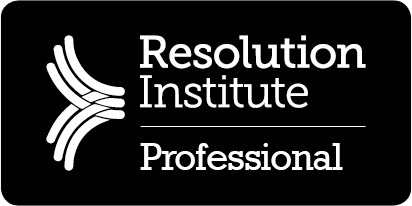Medical negligence cases in Victoria are often complex, involving detailed medical evidence, expert opinions and significant emotional strain for both claimants and healthcare providers. While litigation through trial is sometimes necessary, mediation offers a faster, more cost-effective and less adversarial alternative. Instead of enduring lengthy court proceedings, parties can engage in structured negotiations facilitated by an experienced mediator. This approach allows for greater flexibility and control over the outcome, helping both sides find a fair resolution without the uncertainty of a trial.
One of the key benefits of mediation is its ability to provide a confidential and less confrontational environment. Court trials are public, which can be daunting for both patients and medical professionals. Mediation, on the other hand, ensures that discussions remain private, allowing parties to speak openly without fear of reputational damage or disclosure of highly intimate information. This confidentiality often encourages more candid conversations, leading to resolutions that address not only financial compensation but also issues such as explanations, apologies, or changes in medical practices to prevent future harm.
Mediation is also significantly more time and cost-efficient. Trials can take many weeks to reach a judgement, with substantial legal costs accumulating on both sides. In contrast, mediation sessions are typically resolved over a half day and some months prior to any ordered trial date. This efficiency is particularly beneficial for injured patients who need financial support sooner rather than later. By avoiding the delays and expenses of trial, mediation allows parties to reach practical and mutually acceptable outcomes in a timely manner.
Finally, mediation fosters greater control and satisfaction for all involved. In a trial, a judge and/or jury ultimately decide the outcome, which may not align with either party’s expectations. Mediation, however, allows parties to craft a solution that considers their specific needs and interests. This collaborative approach not only increases the likelihood of settlement but also reduces the emotional and psychological toll of prolonged legal battles. By prioritising resolution over confrontation, mediation helps both patients and healthcare providers move forward in a way that litigation through trial rarely can.

